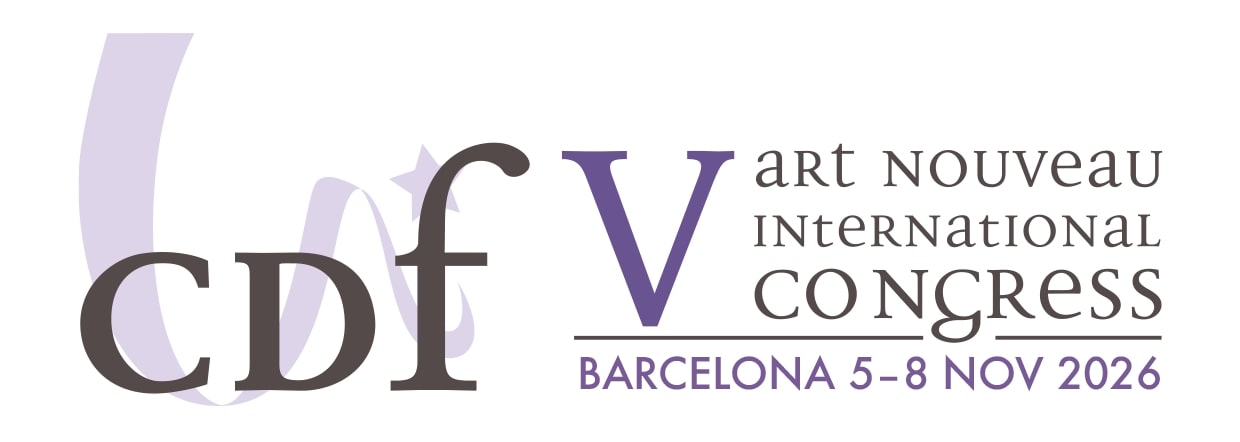He started work in the family business and in 1879 began studying law. During these years of his youth he had already started writing poetry and won a few prizes.
Once he had graduated, in 1884, he became a member of the Ateneu Barcelonès (Barcelona Athenaeum), where he met the writers Josep Yxart and Narcís Oller, among others. Shortly afterwards, in 1890, he went to work on the newspaper El Diari de Barcelona, for which he wrote a great many articles, all in Spanish, until 1903. During this period he attended the Second Sitges Modernista Festival (1893) as a writer for the paper and there he came into contact with the work of Nietzsche. In his early poetry, Modernisme is identified with Decadentism.
The social and political events that occurred at the turn of the century (the bomb in the Liceu opera house, the Tragic Week, which he witnessed, etc.) brought about a change in his ideas which later led him towards nationalism and to reflect on the country's political problems. During those years he combined his work as a journalist with that as a translator and, above all, that as a poet. He won many prizes at the Jocs Florals (Poetry Competitions) with poems such as La sardana (The Sardana) and El mal caçador (The Bad Hunter), Paternal and Excelsior, which ushered in modern poetry. He understood art as redeeming, implying a religious concept of art opposed to aestheticism, ideas he set out in the articles "Elogi de la Poesia" ("In Praise of Poetry") and "Elogi de la Paraula" ("In Praise of the Word"), together with his particular vision of the relationship between humankind and nature.
He was a founder member of the Philological Section of the Institute of Catalan Studies and in 1903 he became chairperson of the Ateneu Barcelonès (Barcelona Athenaeum).


 Writer
Writer


